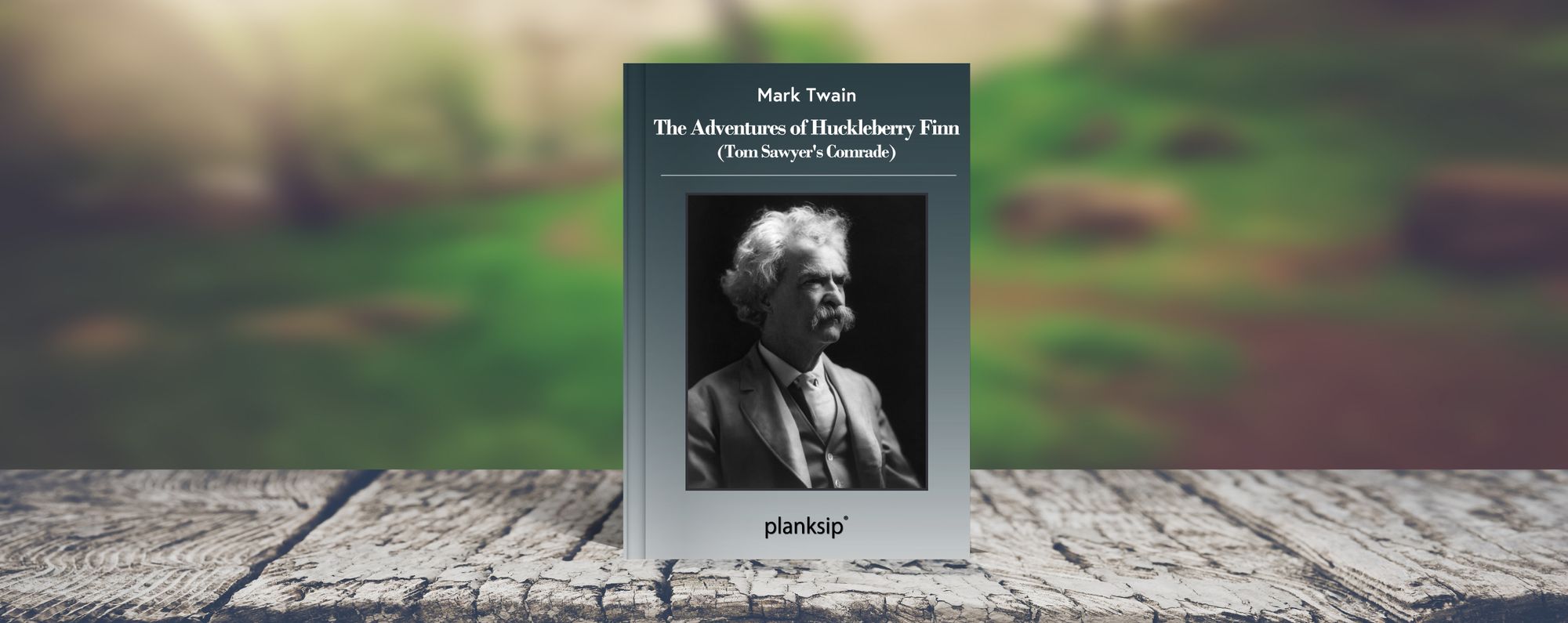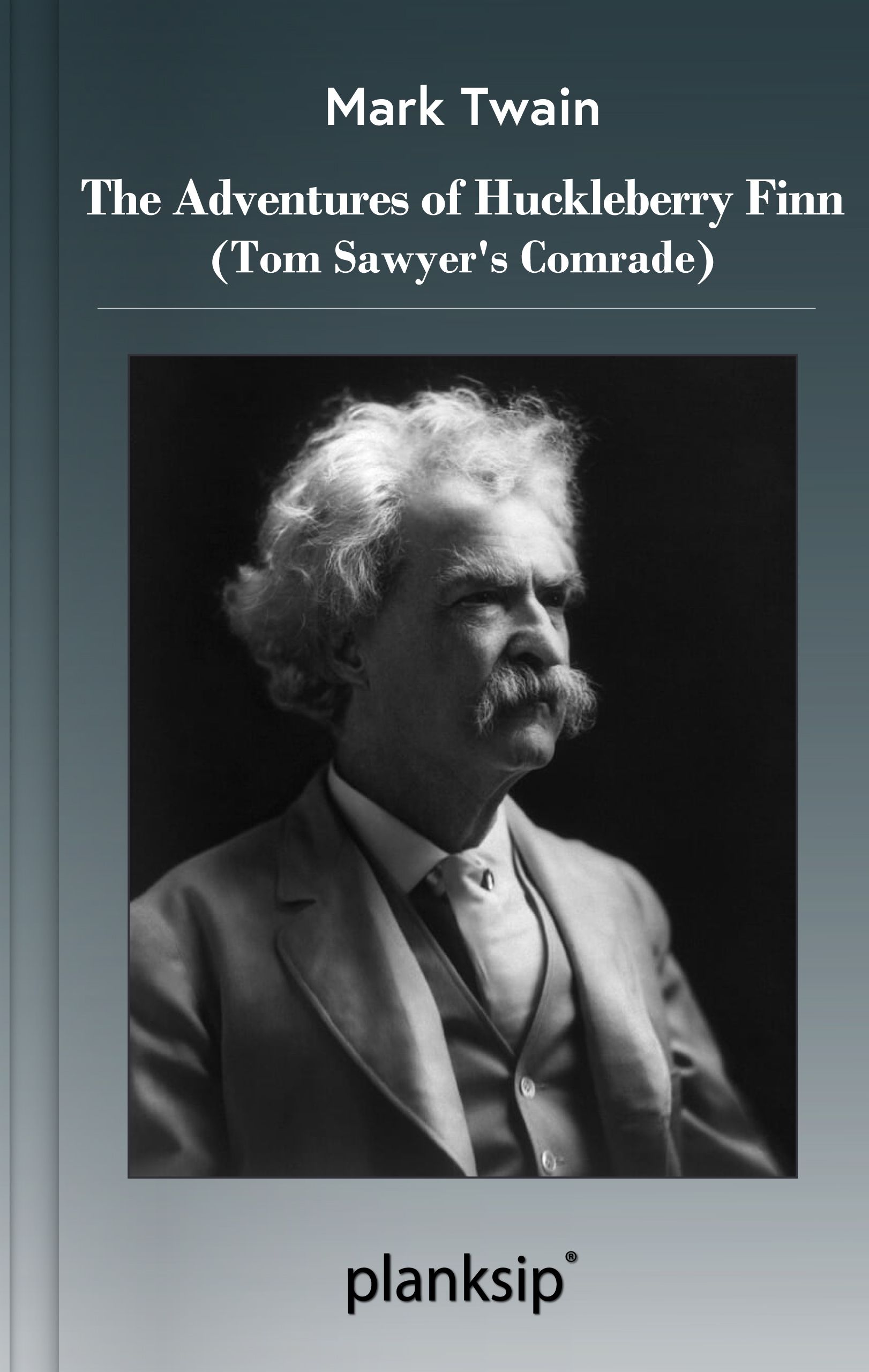A Critic's Meta Review: 4/5

In my estimation, The Adventures Of Huckleberry Finn is the greatest work of American literature to have ever been written. Not only is it filled with laugh-out-loud, wake-your-neighbors-up (sorry!), nearly-wet-your-undies (yikes) humor, but it is rife with biting social commentary that, at the time it was made, in the part of the country it was made, would have been suffice to have ol’ Sammy Clemons boarded up and shipped to a pigpen in Hong Kong, to be fried and served as a fritter.
In all seriousness, I absolutely love this book. I first read it during my sophomore year of high school, and I have not been the same ever since. Just in terms of my outlook on life...man, I really do feel like a modern-day Huck Finn (take that, Rush - I picked the better character). I mean, from the alcoholic, walking embarrassment of a father (I won’t get into it too much but let’s just say it wasn’t too hard for me to relate to this) to the steadfast devotion to doing the right thing, no matter what social or legal costs it may carry (also something I won’t delve into too much, at least not without consulting my attorney first).
Huckleberry Finn is without a doubt the finest folk hero ever constructed in the modern era, save for perhaps Tom Joad (but, alas, ‘twas a different time period and a different context). I won’t spend a whole lot of time singing the boy’s praises, though. Those of you who have read this book will no doubt share in my admiration for its titular protagonist.
Perhaps not, however. I do recall, when we read this book in school, that there were a few students - well, not the students, but rather their parents - who complained that it was a “racist” novel. Clearly, those parents must have not actually read the book. They must have just heard their kid mention that that infamous word is said a number of times throughout it and, ignoring all context, jumped to a conclusion without any merit. As a matter of fact, this book is a fantastic example of anti-racism. Twain abhorred slavery, and thought of those prideful Southern defenders of the horrid institution as nothing but a bunch of backwards hicks. Throughout the novel, they are characterized as such, and are often subject to cruel fates.
As for the use of that word, well, to paraphrase Quentin Tarantino’s defense of its use in the film Django Unchained (great flick if you haven’t seen it, by the way - good lord, Sam Jackson is one hell of an actor): do you honestly think that it was used more frequently than it was in the antebellum South? Come on, son! To simply refer to Jim as “Slave Jim” would be robbing the story of its context, and fail to evoke the visceral reaction intended through the use of such a hateful term.
Let art be art. Interpret it as you wish, but do not try to enforce your whims upon it. It ain’[t yours to do that with.


